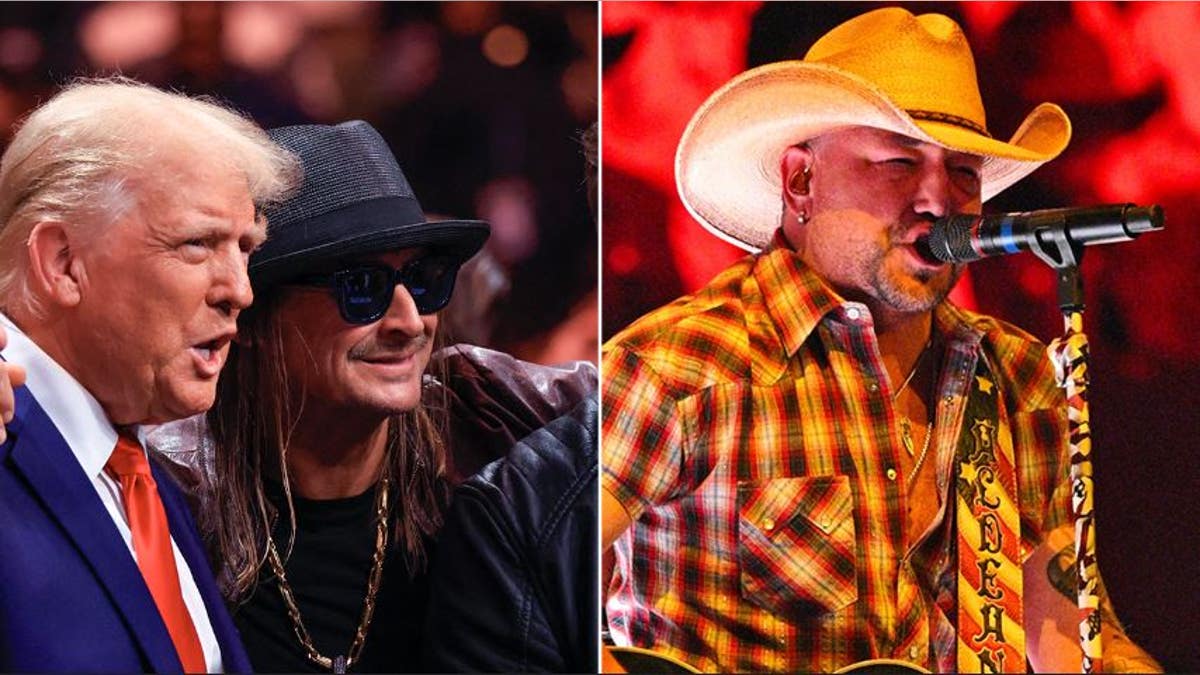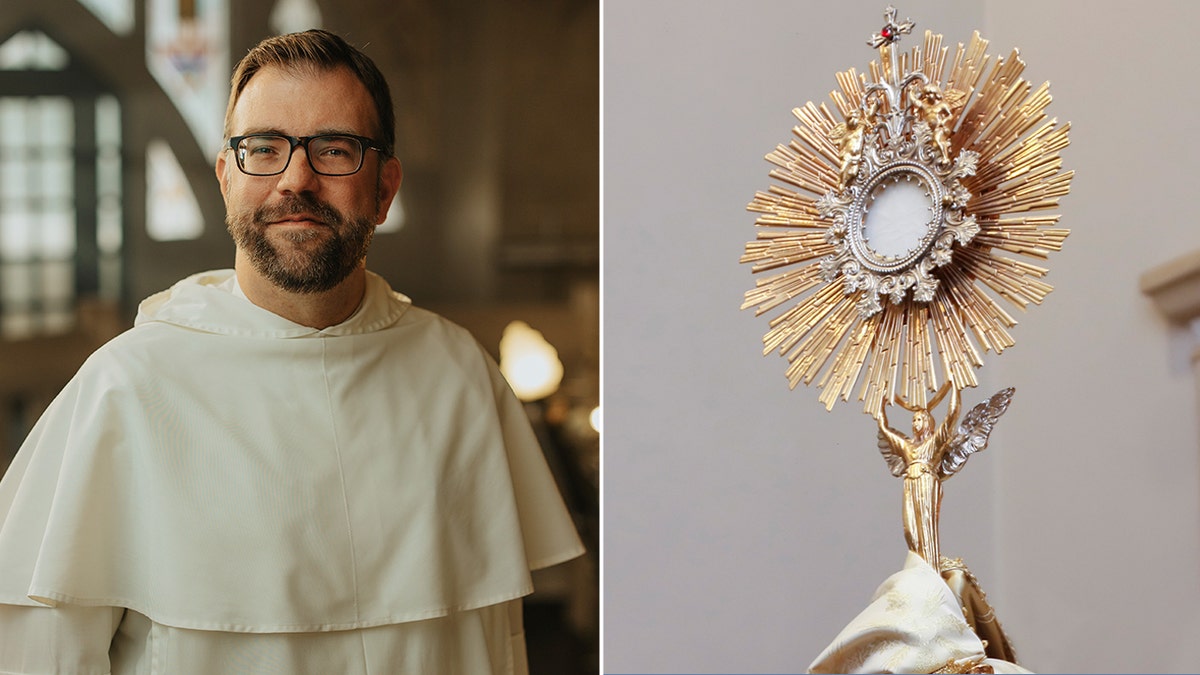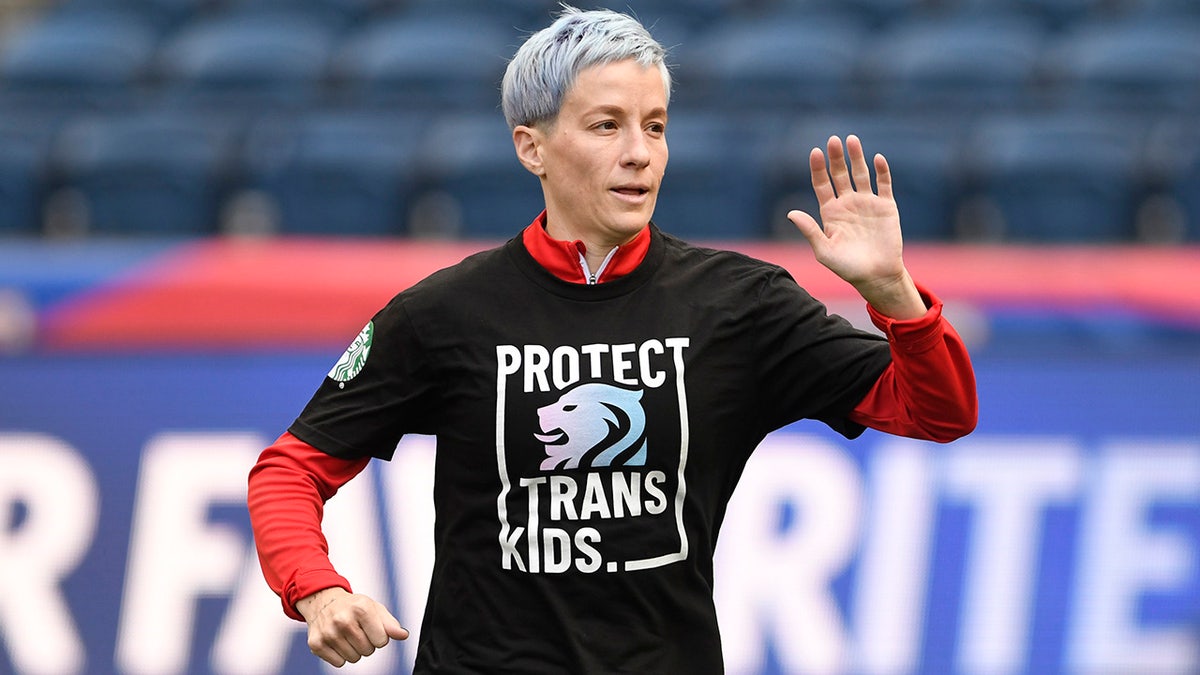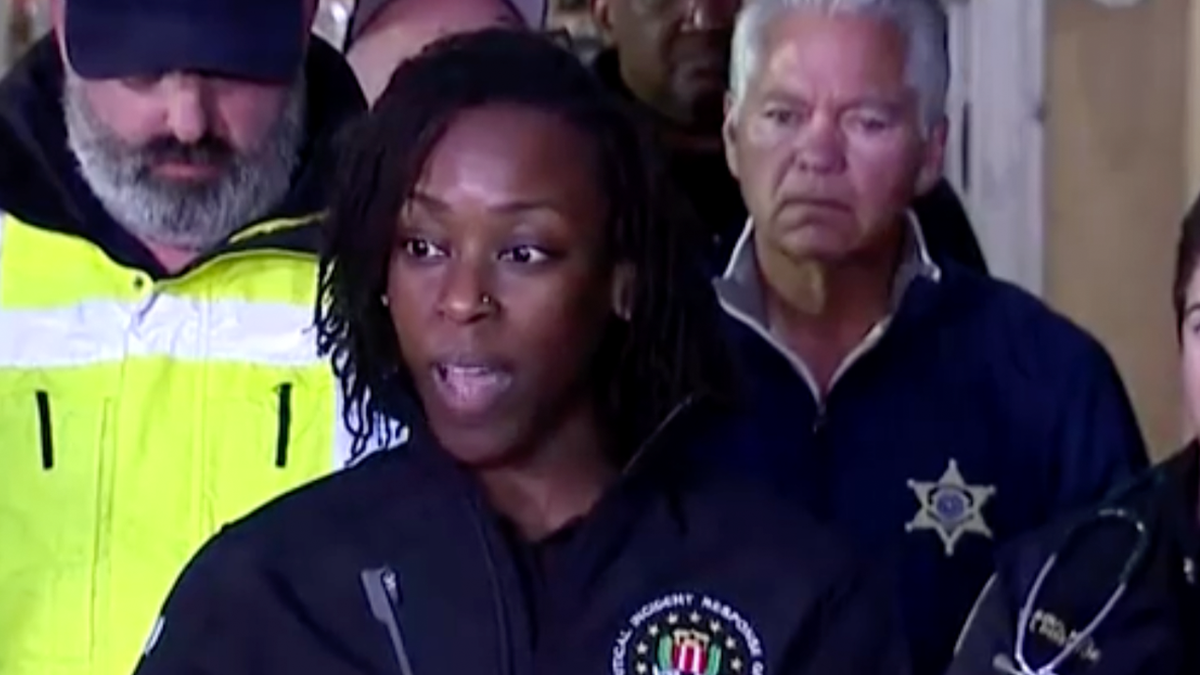The upcoming "Barbie" film has sparked a fascinating dialogue about feminism, commercialism, and the iconic doll's role in modern culture. Kate McKinnon, starring in the movie, recently highlighted the film's exploration of how rigid gender roles can limit individuals. This perspective contrasts sharply with earlier attempts to bring Barbie to the big screen.
Screenwriter Diablo Cody revealed she abandoned a Sony-backed "Barbie" project in 2014, admitting she struggled to reconcile Barbie's image with then-current feminist ideals. Cody felt pressured to create a "girl-boss feminist" narrative, a direction she believed clashed with the essence of the character. Interestingly, Amy Schumer departed the same project, citing opposing reasons – she found it insufficiently feminist.
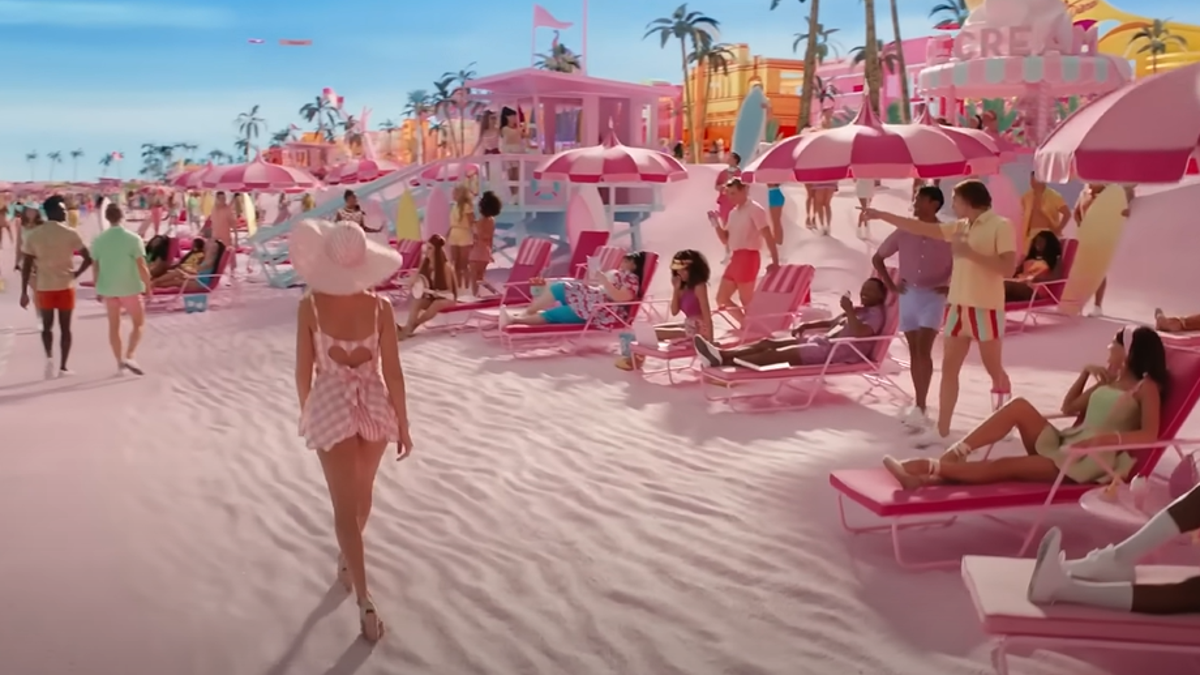
This earlier iteration of the film appears to have aimed for a more self-aware, perhaps even ironic take on Barbie. Cody explained that the prevailing feminist discourse a decade ago leaned towards rejecting traditional feminine archetypes, making it difficult to create a celebratory, empowering narrative. She also mentioned the success of "The Lego Movie" added pressure to deliver a similarly meta and innovative script, which ultimately proved a creative obstacle.

The Warner Bros. adaptation seems to be taking a different approach. McKinnon's comments suggest a focus on self-acceptance and challenging societal expectations related to gender. While some have expressed concerns about the film potentially incorporating "woke" elements, others have debated the meaning of a map depicted in the movie and its geopolitical implications, a controversy the studio has denied.
The journey of bringing "Barbie" to the big screen reflects the evolving conversation around feminism. It underscores the challenge of balancing commercial appeal with social commentary, particularly when dealing with a figure as culturally loaded as Barbie.


